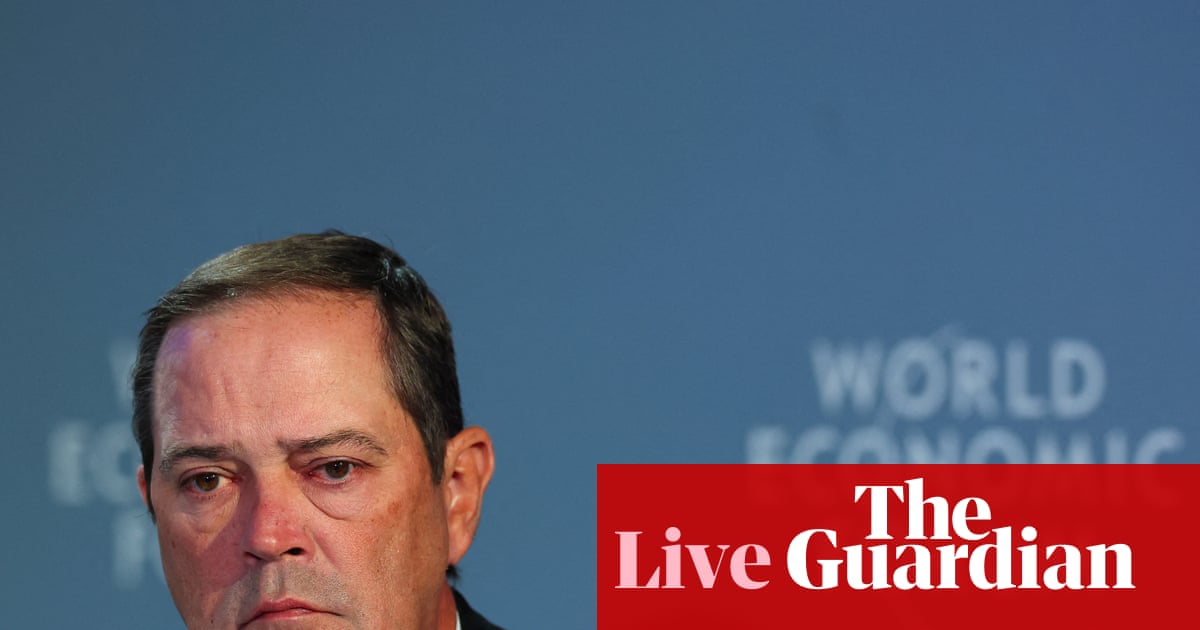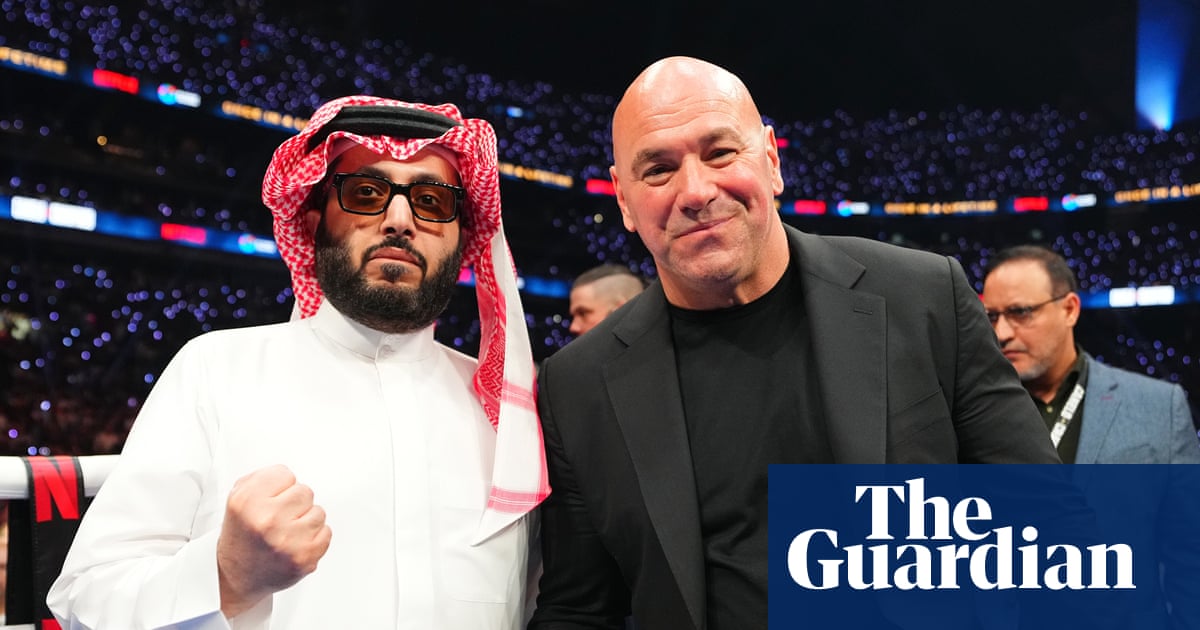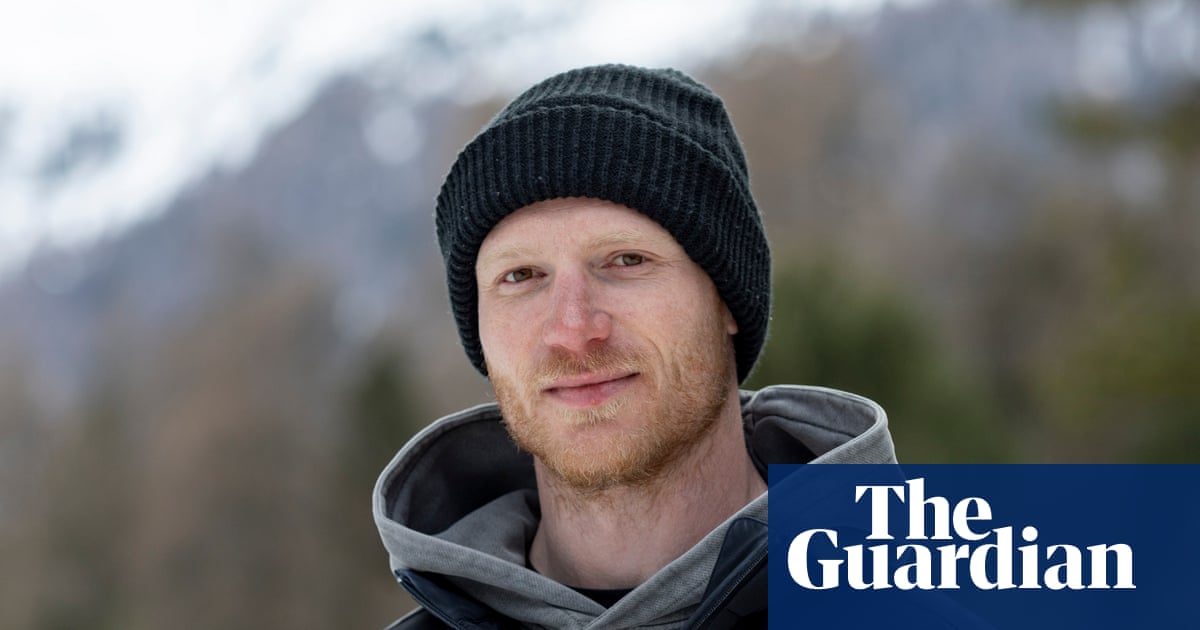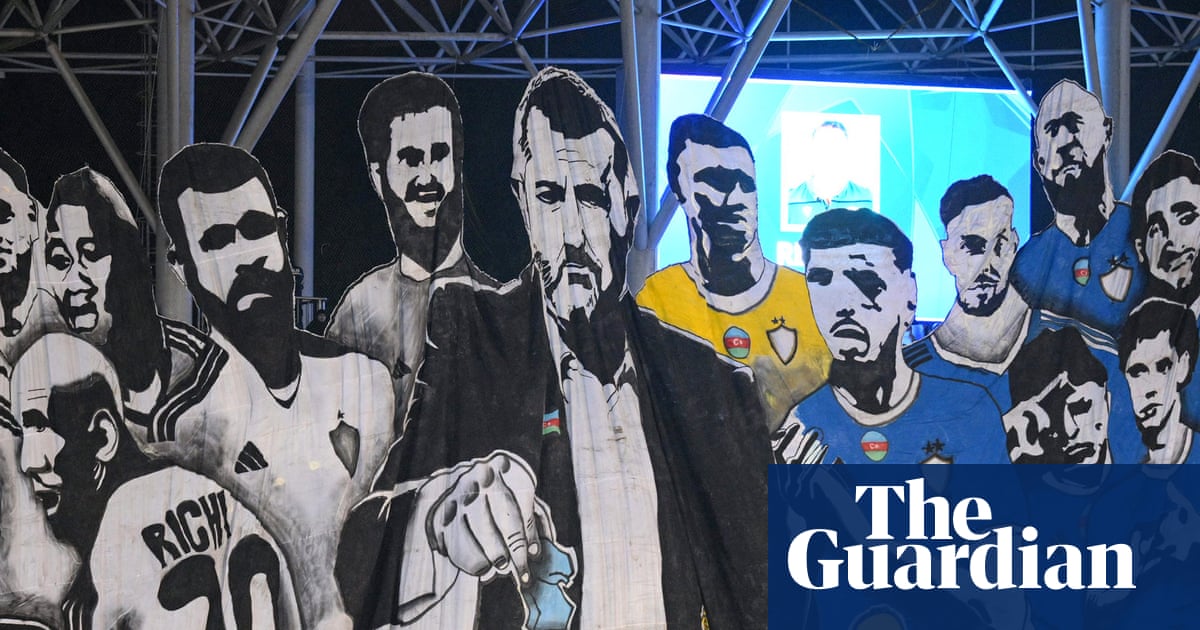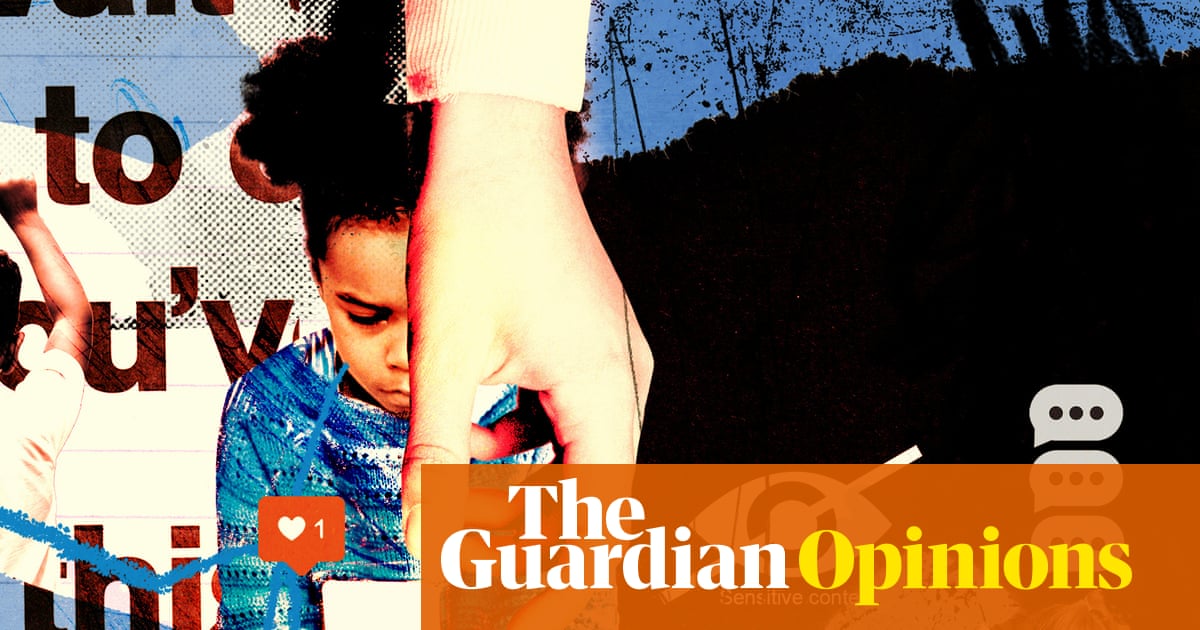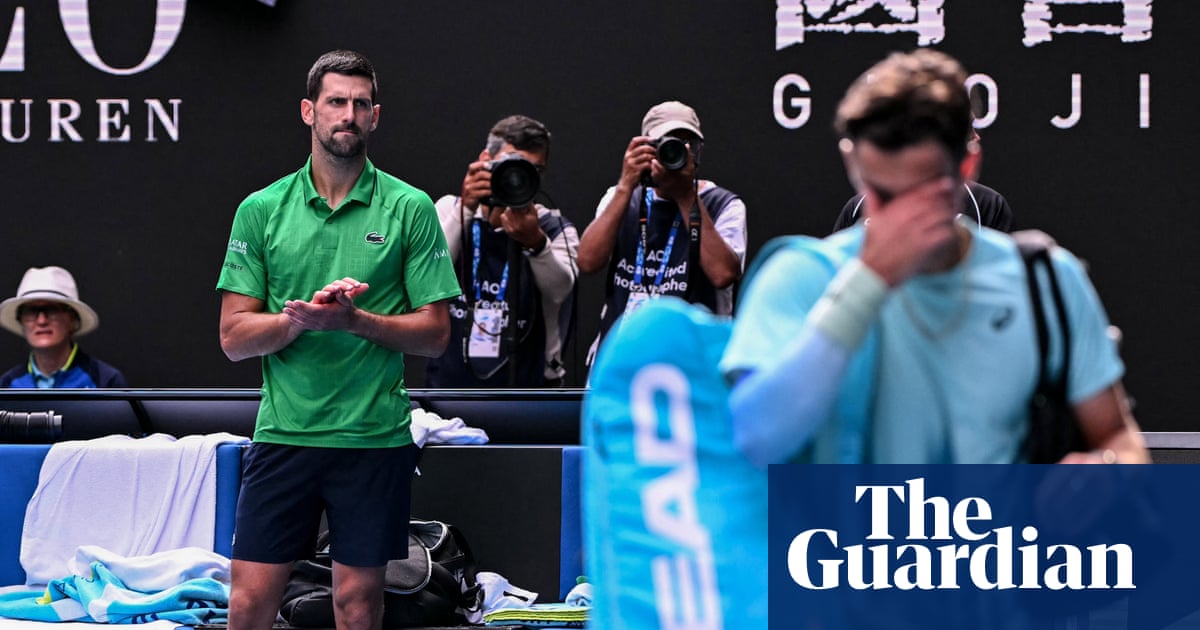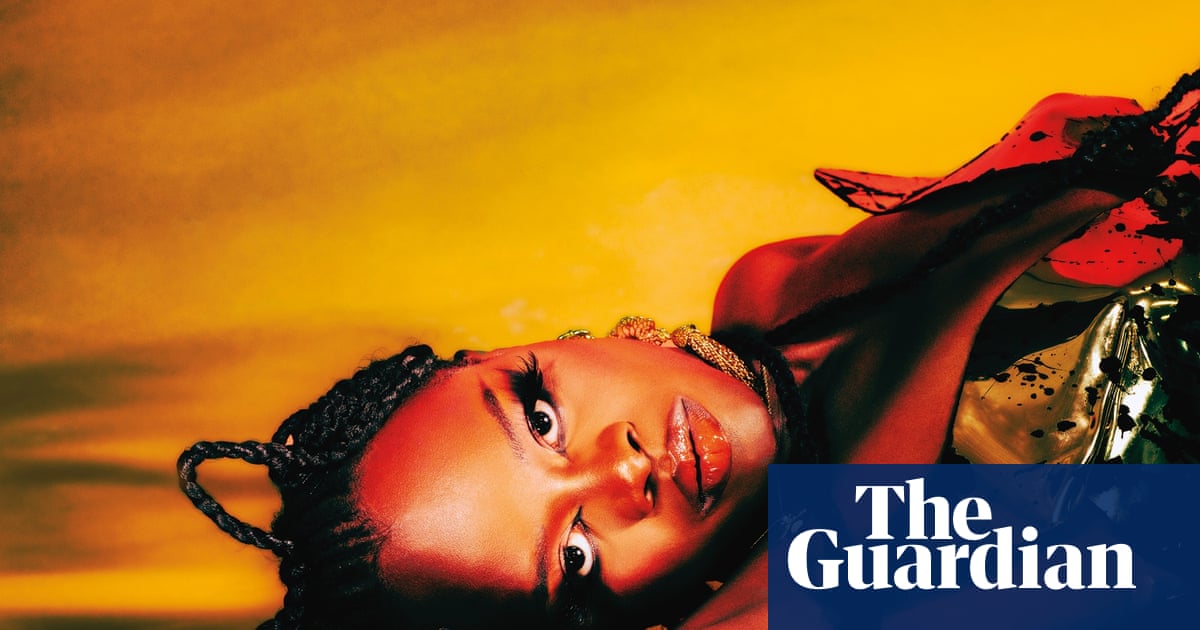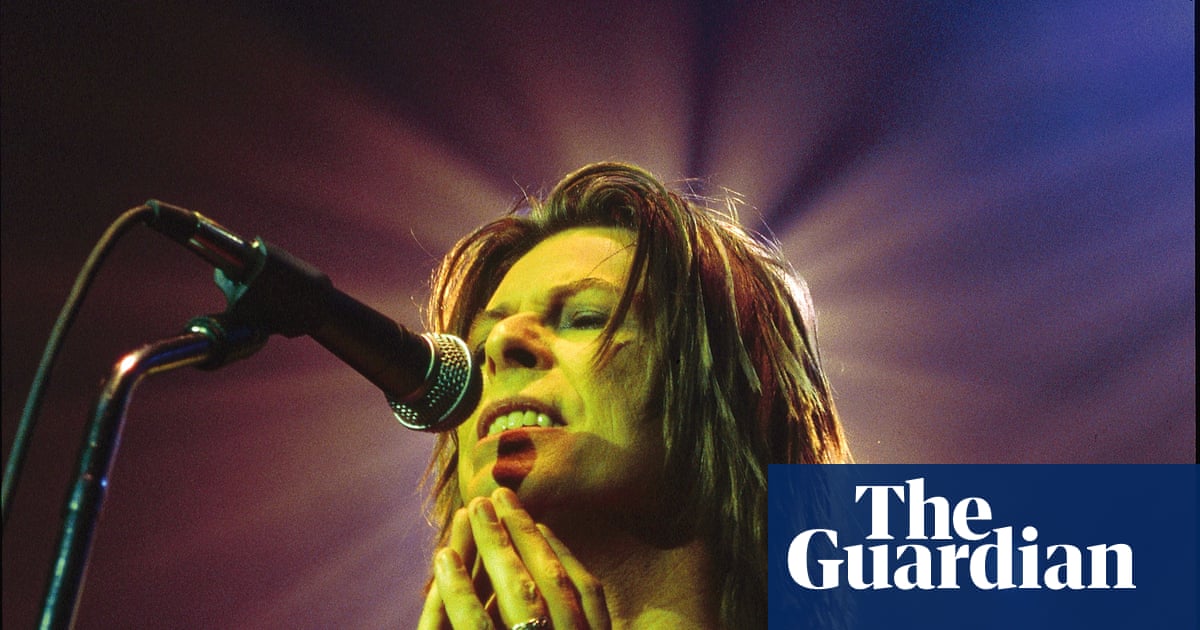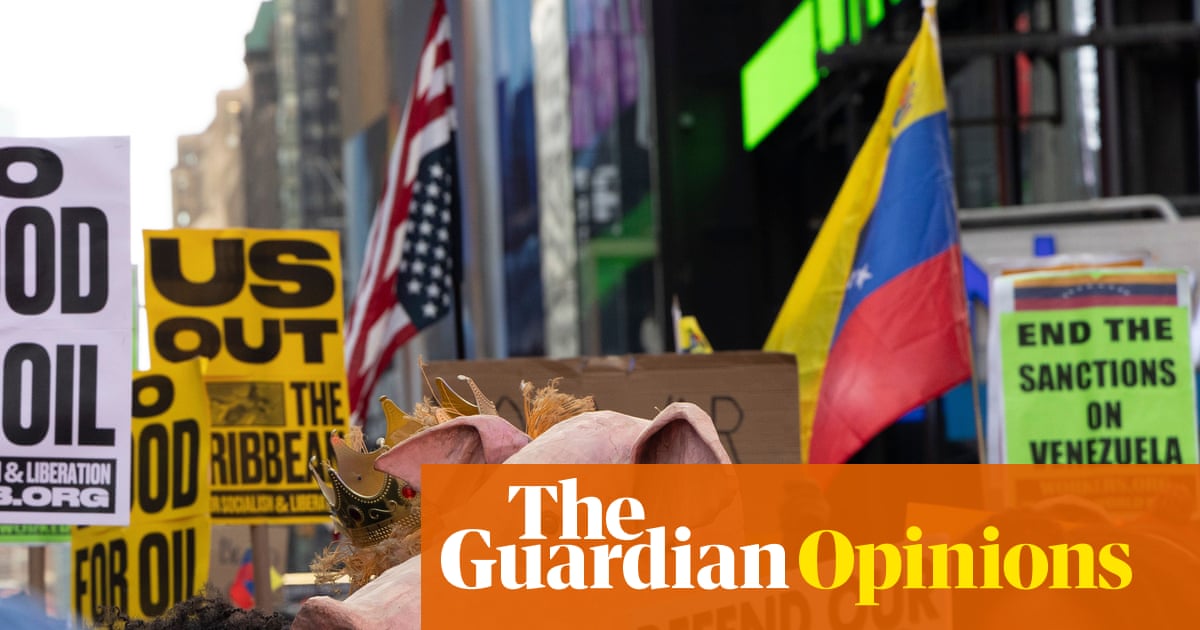Vivienne Westwood’s granddaughter has said her brand’s decisions “do not align with the values or wishes” of the late designer, as it announced it would headline Riyadh fashion week despite Saudi Arabia’s human rights record.
Cora Corré, the co-founder of the Vivienne Foundation, said that, by contrast, the legacy charity started by her grandmother before her death in 2022 will launch a range of T-shirts this week with proceeds going in part to LGBTQ+ charities.
The fashion house has defended its decision to show in the Gulf petrostate this week alongside Stella McCartney as “a way to encourage dialogue” and “build understanding”. It insisted its presence is not an endorsement of the Saudi regime.
The show falls in the same week as the Vivienne Foundation releases its T-shirt range, and comes after last week’s condemnation of western comedians for performing in Saudi Arabia.
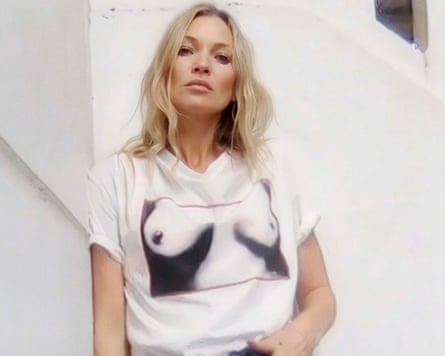
Human Rights Watch (HRW) has described Saudi Arabia’s human rights record as “abysmal” and warned that the nation uses its vast wealth to mask its actions by becoming a key part of sport and culture.
Amnesty International has previously called on public figures to draw attention to the plight of Saudi LGBTQ+ people, who live in a country where same-sex relations are illegal and punishable by flogging or imprisonment.
But Vivienne Westwood told the Guardian: “Our decision to show in Riyadh is not an endorsement of any government or its policies.
“Rather, we see fashion as a platform for cultural exchange – as a way to encourage dialogue, build understanding and create space for diverse voices to be seen and heard.”
When asked by the Guardian, Corré revealed she was unaware that the T-shirt range release coincided with the news about Riyadh fashion week until a friend sent her a message. “What I do feel confident in saying and knowing is that she would feel as if the company does not align with her values or wishes,” she said.
Each shirt will cost £150, with all proceeds going to charities supporting LGBTQ+ people or those affected by the climate crisis, conflict zones or homelessness.
Although it would not comment directly on Westwood, HRW said there is a wider trend to Saudi Arabia’s keenness to bring in the world’s most recognisable figures.
after newsletter promotion
“Saudi investments in high-profile sports and entertainment events domestically and internationally are used to whitewash the country’s abysmal human rights record,” said Joey Shea, HRW’s Saudi Arabia researcher. “Saudi Arabian authorities harshly repress any dissent, including by handing down long sentences or the death penalty after unfair trials on charges related to peaceful online expression.”
Stella McCartney has been approached for comment.
In her later years, Westwood increased her focus on activism, campaigning against fracking and for the release of Julian Assange, and made her foundation part of it.
“She very much recognised her platform as a fashion designer, and the privilege to be able to utilise that platform. [She] used [it] at any given opportunity,” Corre said.
Westwood legally assigned the design copyrights she created before 1992 to the foundation – including classic graphics from the punk era, such as the bottomless cowboys and the “tits” T-shirt.

 3 months ago
47
3 months ago
47





